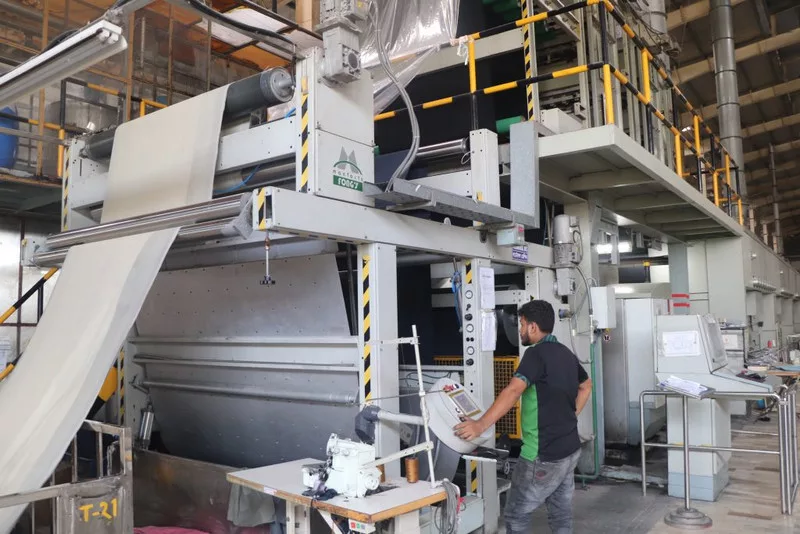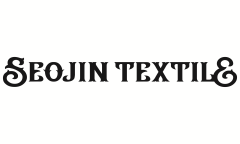Textile mills in Bangladesh
Textile mills in Bangladesh protested against the unusual increase in gas prices in the industrial sector and urged the government to retain the previous price. They feel that when the industries are barely operating their business amid various problems during the current global business slowdown, the situation will further aggravate due to high gas prices.
As all the direct export sectors of the country are 100% dependent on primary textile industries, Textile mills are requesting the government to maintain the previous prices of gas for the sake of all the industries.
Industries of the country have urged the government to provide cash incentives and reduce various taxes so that they can recoup losses from the recently announced hikes in gas tariffs.
They also recommended fixing system loss issues, stopping illegal gas line connections, as well as meter-reading-related theft.
Mahbub Khan Himel, Director, Mithela Textile Industries said, every month we export around 6-7 mn fabrics but due to the gas crisis we only export 2 mn. Spinning, weaving, dyeing-printing-finishing industries of Bangladesh are run on the basis of captive power generation, where gas is the main fuel, added Mr. Himel.
We have requested the government to ensure adequate gas supply for saving our export-oriented industry. If the government spends two to five billion [US] dollars from the forex reserve for a smooth gas supply to our industry, we will be able to give back 10–15 billion to the reserve in the coming days, said ASM Raisul M Hasan Shoaib, Director, SIM Group.
The government on January 18 hiked gas prices by up to 179%
The government on January 18 hiked gas prices by up to 179% to adjust subsidies and reduce the fiscal deficit. The new rates will be effective from February 1.
According to the explaination from the Department of Energy and Mineral Resources, there is instability in the prices of all types of fuel worldwide due to the current global economic situation and the Russia-Ukraine war. As a result, insurance costs, risk costs, bank interest, and other energy-related expenses, including currency weakness against the US dollar, have increased.
The import price of liquefied natural gas (LNG) in the world market has also increased abnormally, so the government had to pay a considerable amount of money for subsidies in this sector.
Gas is the economical fuel in the textile industry. Different types of gas are used as fuel in textile industry such as nitrogen gas, oxygen gas, sulphur dioxide gas, oxide of nitrogen gas etc. Nitrogen gas and oxygen scavengers are used to fading and color changing in dyed textiles. Nitrogen gas has flown under-the-radar in its benefits to textile production and processes.






